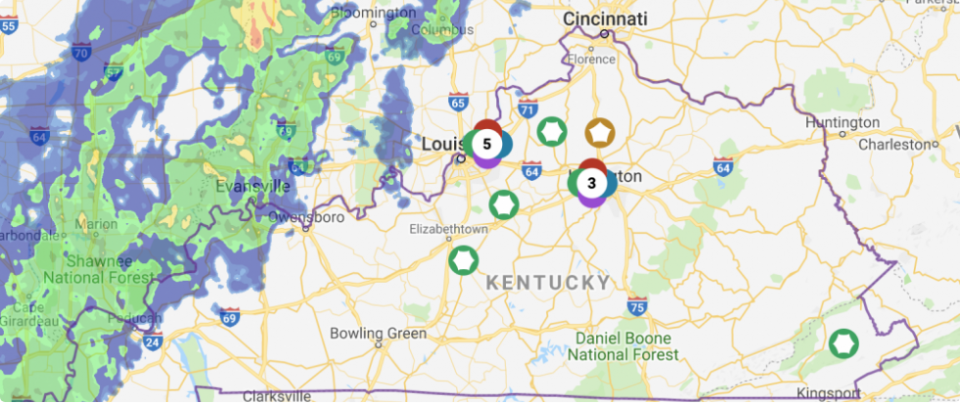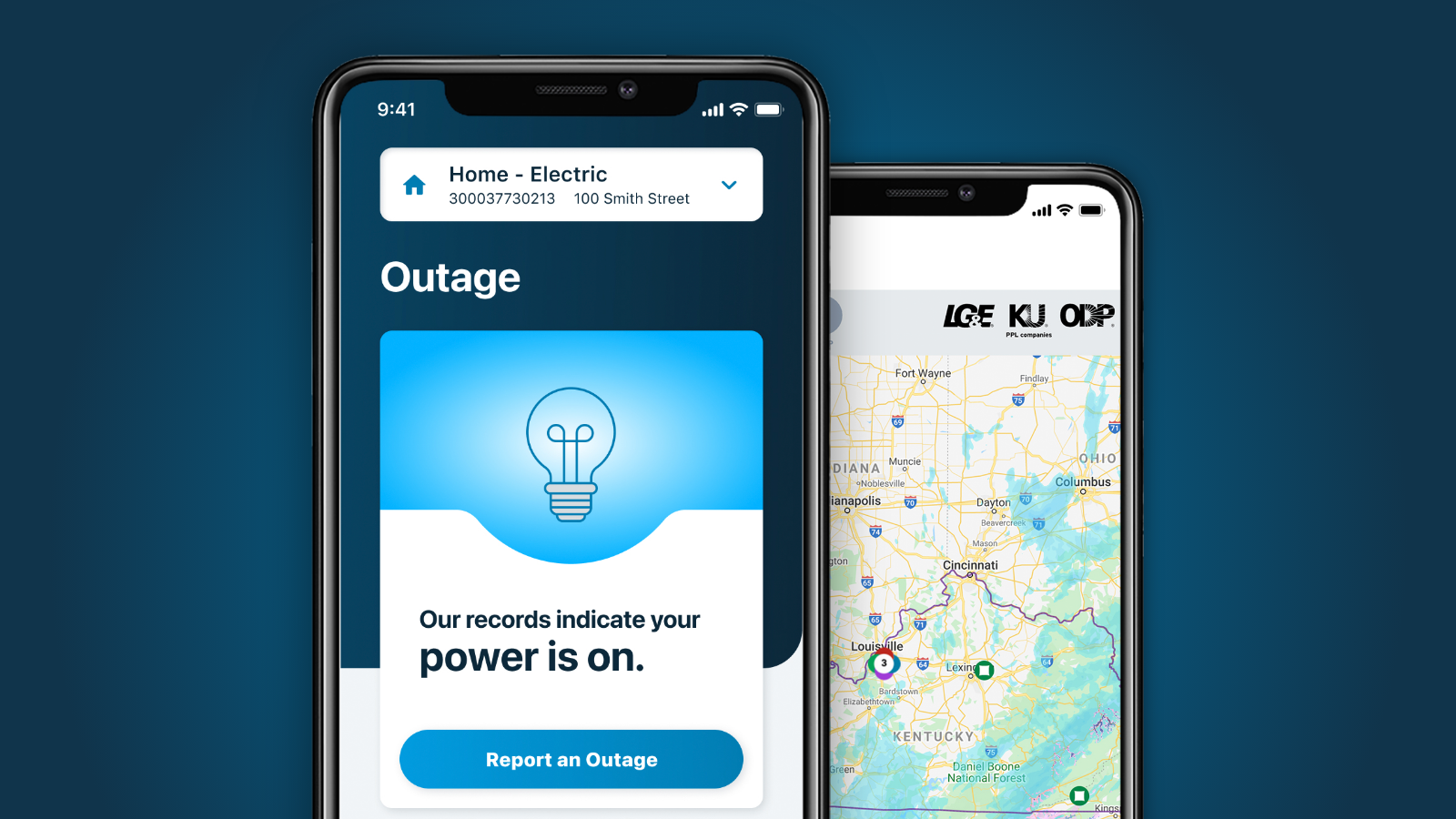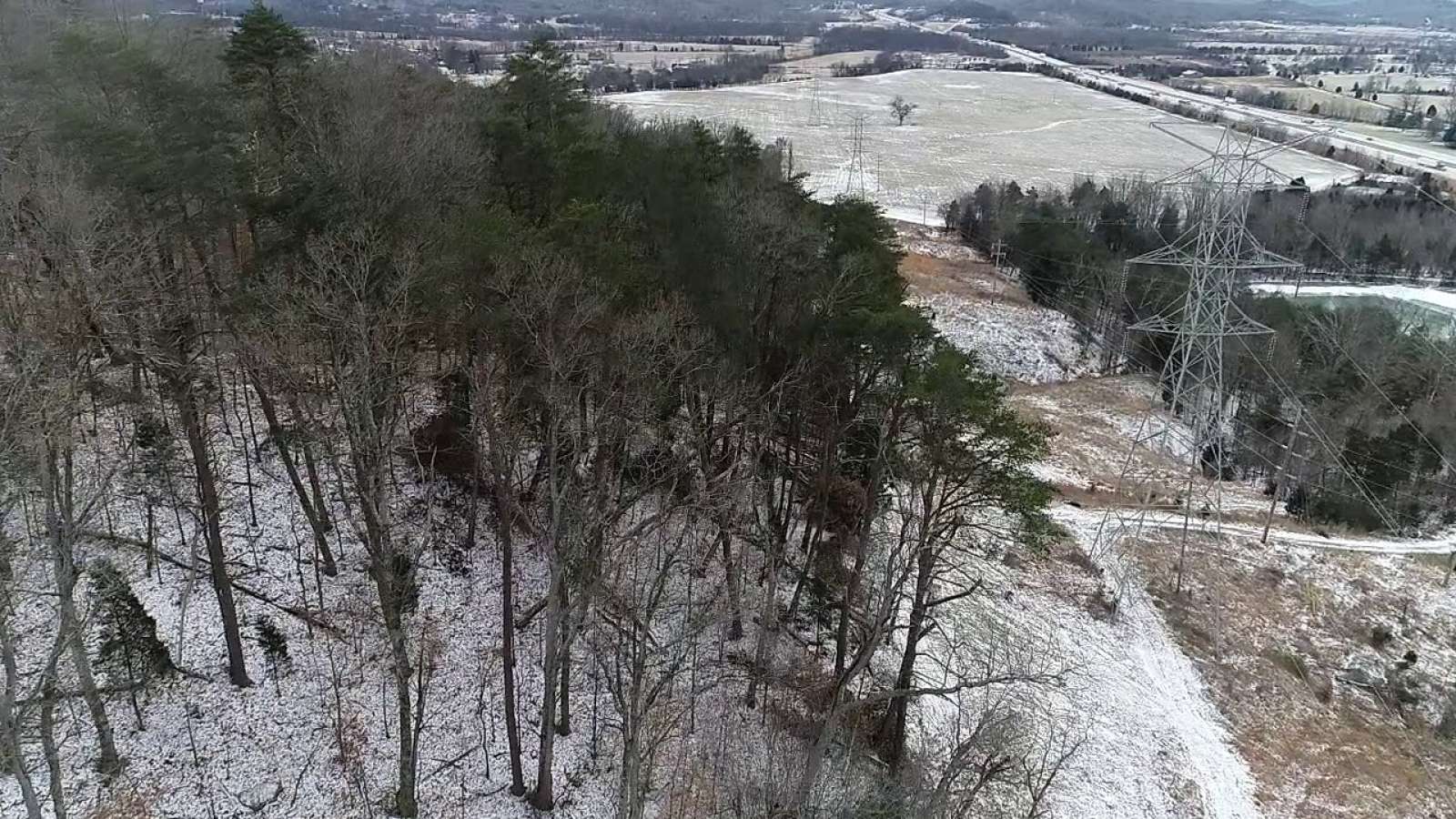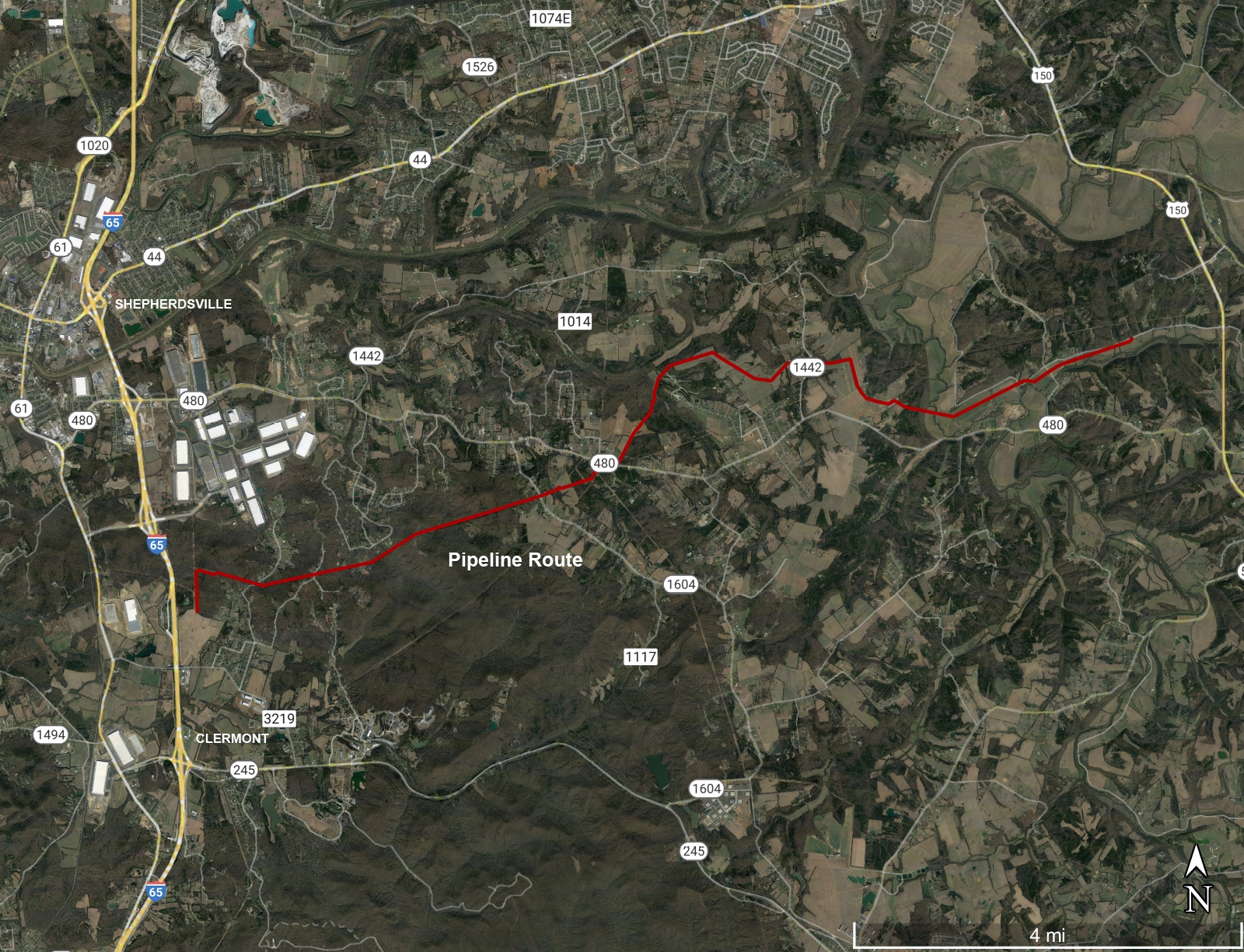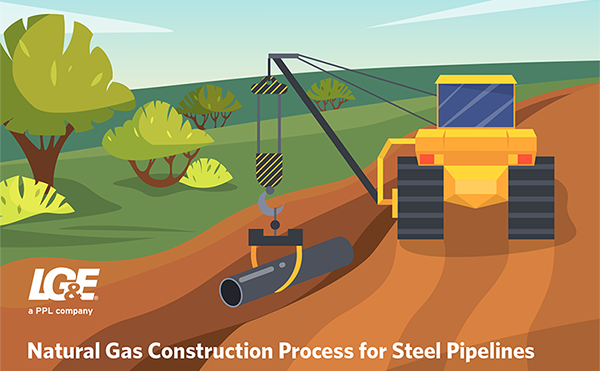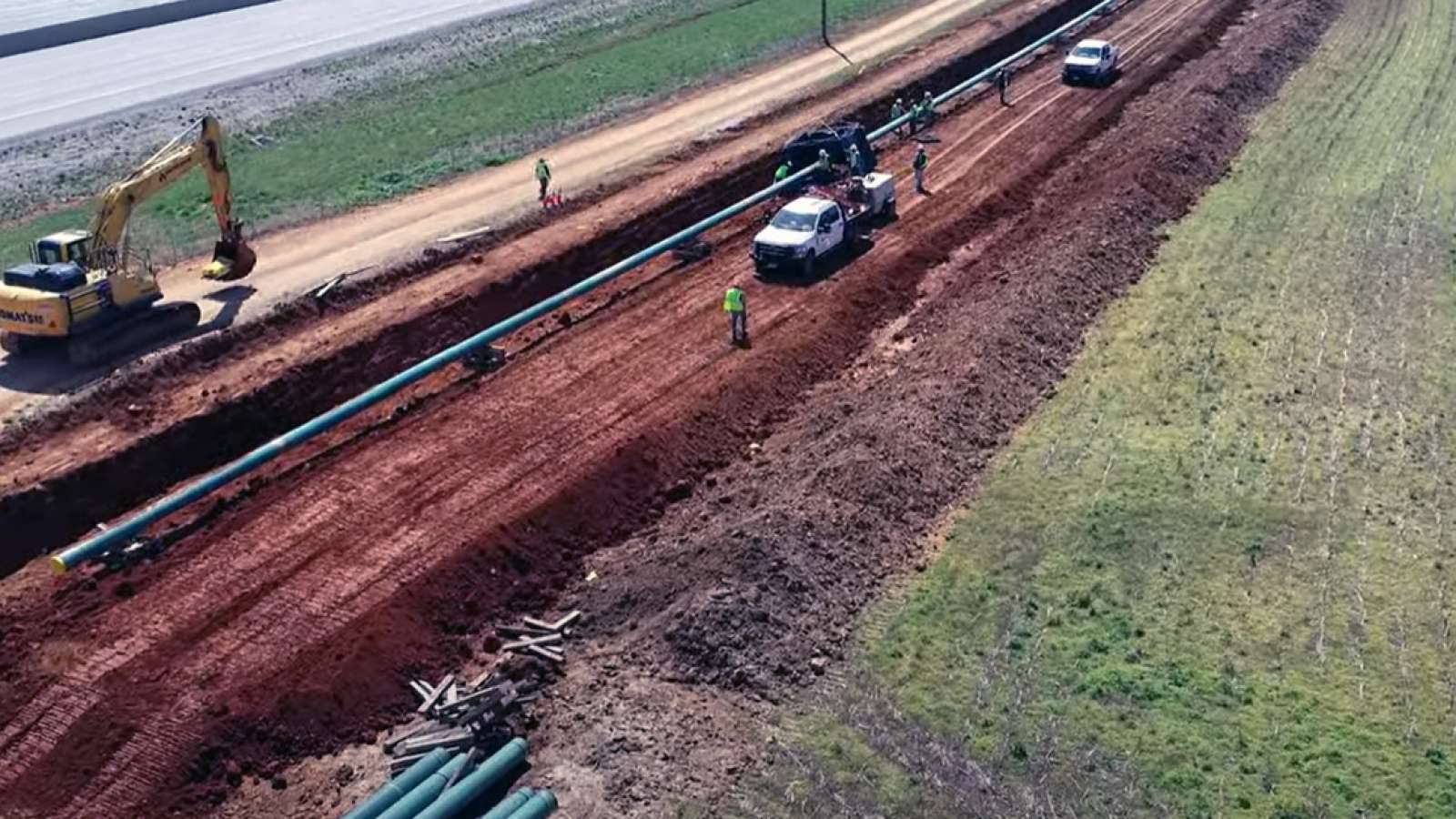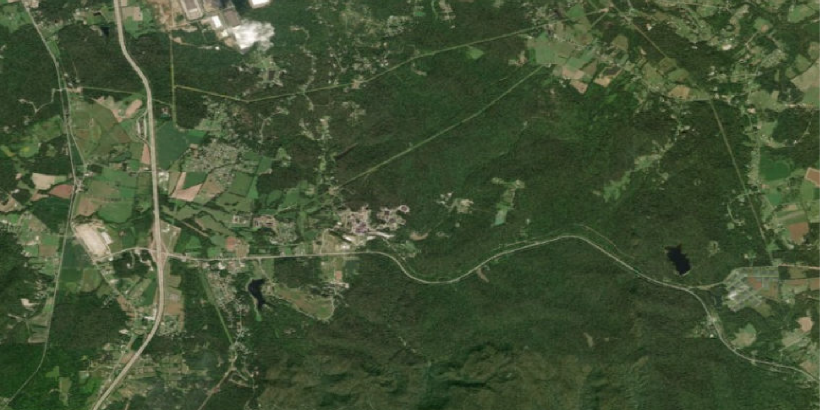The following op-ed, written by Chief Operating Officer Lonnie Bellar, appears in today’s online Courier-Journal and in this weekend’s C-J newspapers. Bellar’s op-ed outlines the company’s position on the Bullitt County pipeline project.

Meeting the energy demands that accompany customer growth, while also minimizing impacts to the environment and surrounding community, is a responsibility we, at LG&E, take seriously and have worked to balance over our company’s more than 100-year history. Our Bullitt County natural gas transmission line project is no different. The route selected was purposefully chosen, in part, because it minimizes the pipeline’s length, which helps to keep costs down and reduces the impact to property owners. In several areas, the route runs along the existing 100-foot-wide electric transmission line easement of another utility, which is already cleared and maintained. At the time it was selected, the route did not impact Bernheim Forest, which was more than 2 miles south. It was not until late last year, after more than 65% of easements necessary for the project had already been acquired, that Bernheim purchased the property with knowledge that it was in the middle of the planned pipeline’s path.
While many have characterized the project entirely as a conflict between LG&E and Bernheim, that characterization is one of many misconceptions — and it takes into account only one entity. LG&E is a long-time Bernheim supporter, and we recognize that its legacy understandably evokes an emotional response from some members of our community. However, to consider only Bernheim minimizes the need for the infrastructure at issue and fails to acknowledge the reality of how delays in the project are impacting the community as a whole — impeding natural gas service to families in their homes; forcing businesses to look elsewhere for access to the low-cost fuel option natural gas provides; effectively blocking potential job growth opportunities and bringing the region’s forward-momentum to a halt. The Bullitt County Economic Development Authority has previously warned that failing to construct the line could lead to a period of slow to no growth, and it appears that reality is quickly beginning to take shape.
As of the end of October, a total of 71 requests for natural gas service in Bullitt County have been denied — including a new school, a recovery clinic, a housing development and industrial warehouses — because of the inability to reliably supply energy to new and existing customers without additional natural gas infrastructure.
Approved by the Kentucky Public Service Commission in an open proceeding in 2017, the pipeline project was scheduled to have been completed and in operation this year. The 12-mile, 12-inch line will create another way for natural gas to reach the up to 10,000 customers served by the existing infrastructure. And, with the existing gas supply line now at capacity, construction of the new line will add capacity to serve what the Authority has called tremendous growth — with each year seeing Bullitt County’s population increase by more than 1,200 residents, the local workforce expand by about 1,500 new employees, the construction of 400 new homes, and the addition of an average of 1.2 million square feet of manufacturing and logistics space.
The permanent easement LG&E is requesting in Bernheim's newly acquired property is approximately 4.5 acres, or less than 0.028% of Bernheim’s 16,000 acres, in an area not open to the public. Just as with all easements we obtain — whether through normal processes or rarely used condemnation action — Bernheim will receive compensation for the permanent and temporary easements necessary. As part of the permitting process, we're working with federal, state and local agencies — like the Kentucky Division of Water and Kentucky Division of Fish and Wildlife Resources — to identify and ensure we’re being mindful of any potential environmental impacts.
Once the project is completed, the easement will be restored to a conservation-minded environment, complete with natural grasses and a pollinator habitat, and can be traversed by wildlife or used for other things like growing crops or pasturing animals. While it is true that this project will result in the loss of some trees, we remain fully open to mitigating the impact of those losses through efforts such as planting two trees for every tree that is lost — the same approach Bernheim plans to use for trees it is removing for its own ongoing construction near its manmade lake.
The reality is that, far from being an "attack" on Bernheim, this needed pipeline can very much coexist with the planned use for this land — as evidenced by an existing underground oil pipeline (not owned by LG&E) that passes just under Bernheim's main entrance and by the multiple other utility corridors that already cross its properties.
Planning for this project has been a time-intensive process with thoughtful decisions made along the way. To abandon the current plan would leave us to start from scratch with new studies for alternative routes — an effort that could take 5-7 years, would create additional costs for other customers, and impact a greater number of landowners; or to simply forgo further service expansion into Bullitt County. We do not think either of those options is in the best interest of our customers or the community. We are confident our current plan best balances the needs of the community and environment, and we continue to believe it is the most reasonable and prudent path forward.
We encourage those interested in the project to visit lge-ku.com/pipeline.
